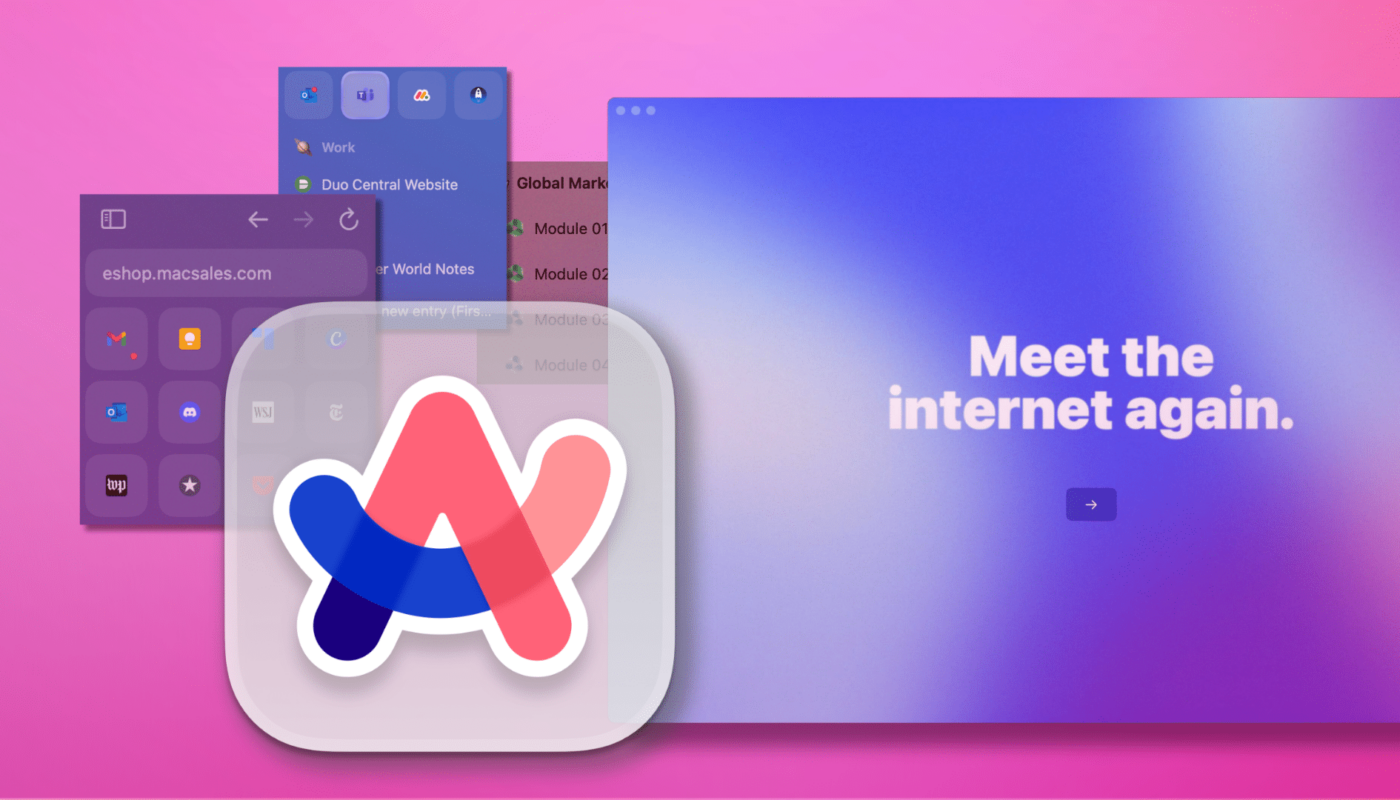The Browser Company has previewed its upcoming AI web browser, Dia, designed to go far beyond traditional web search. Scheduled for release in early 2025, Dia aims to introduce a new layer of artificial intelligence that can assist users with browsing, automating tasks, and even understanding the context of the content on their screens.
What Is Dia?
Dia is not just another web browser; it is an AI-driven assistant embedded within the browser. According to CEO Josh Miller, Dia will operate as a completely new environment running on top of the browser. Unlike conventional browsers, which primarily focus on delivering web pages and search results, Dia is intended to actively assist users in completing tasks.
For instance, as users write text or work on a document in the browser, Dia can suggest sentence completions or retrieve information on popular topics in real-time. It can also automatically integrate web content—for example, adding Amazon product links to an email with short descriptions if a user wants to share recommendations.
Key Features of Dia
-
Task Automation and Assistance
Dia is designed to streamline routine activities. Beyond browsing the web, the AI can automate processes like file management, sending emails, and scheduling meetings. For example, if you download a document, Dia could attach it to an email and set up a meeting to review its contents. -
Command-Line Functionality
Similar to browsers like Opera, Dia offers a command-line interface for power users. This allows users to execute tasks quickly, from searching the web to performing more advanced automation sequences—all from within the browser. -
Context-Aware AI
One of Dia’s standout features is its ability to understand what you’re viewing in real-time. By recognizing open tabs and ongoing activities, the AI can provide relevant suggestions, links, or automated workflows tailored to your current task. -
Enhanced Web Exploration
Dia can explore the web autonomously, finding information, products, or services that match user queries. For example, it can search for Amazon deals, compile them, and even format the results for easy sharing. This reduces the need for multiple tabs or manual research.
The Potential Impact of Dia
With Dia, The Browser Company aims to redefine how users interact with the web. Traditional browsers offer speed, security, and functionality, but Dia attempts to integrate intelligence and automation directly into the browsing experience. By doing so, it could save users time, reduce repetitive tasks, and even enhance productivity for professionals who spend hours online researching or compiling information.
The AI-centric approach positions Dia as more than just a tool for surfing the web—it’s an assistant capable of multitasking and decision support. Whether it’s summarizing web content, recommending products, or handling scheduling tasks, Dia could fundamentally change the role of browsers in everyday workflows.
Challenges Ahead for Dia
While Dia shows significant promise, it faces a highly competitive landscape. Major tech companies, including Google, Apple, Microsoft, and Opera, are gradually integrating AI features into their browsers. There are also rumors of a potential OpenAI-backed browser in development, which could raise the bar even further.
To stand out, Dia will need to offer unique capabilities that go beyond what competitors provide. This may include advanced automation, deeper contextual understanding, or seamless integration with third-party services. Additionally, monetization could become a critical factor, as competitors often offer feature-rich browsers without directly generating revenue. Dia may need to balance innovation with a sustainable business model for The Browser Company.
Early Reactions and Market Expectations
The preview of Dia has generated interest among tech enthusiasts and productivity-focused users. The integration of agentic AI-like features—capable of acting independently to execute tasks—suggests a shift toward browsers that do more than display information.
However, success will depend on usability, reliability, and real-world performance. Users are accustomed to fast, stable browsers, and adding complex AI layers could introduce performance challenges. The Browser Company must ensure that Dia’s intelligence enhances rather than complicates the browsing experience.
Why Dia Could Be a Game-Changer
If successfully implemented, Dia could transform how users interact with the web:
-
Productivity Boost: By automating repetitive tasks, users can focus on higher-value activities.
-
Contextual Awareness: AI-driven suggestions tailored to open tabs and workflows could reduce decision fatigue.
-
Integrated Assistance: From email management to shopping recommendations, Dia could act as a digital concierge for everyday tasks.
These features could redefine browser expectations, shifting the focus from speed and design to intelligence and task automation.
Looking Ahead
The Browser Company plans to release Dia in early 2025, and the coming months will be critical in refining its features and ensuring smooth operation. While competition is fierce, Dia’s combination of AI-driven automation, task management, and contextual awareness may position it as a leading browser for productivity-oriented users.
For now, tech enthusiasts, AI advocates, and professionals who rely heavily on web-based workflows will likely keep a close eye on Dia’s progress. If it delivers on its promises, Dia could redefine the future of web browsing, making AI an integral part of how we interact with the internet.




